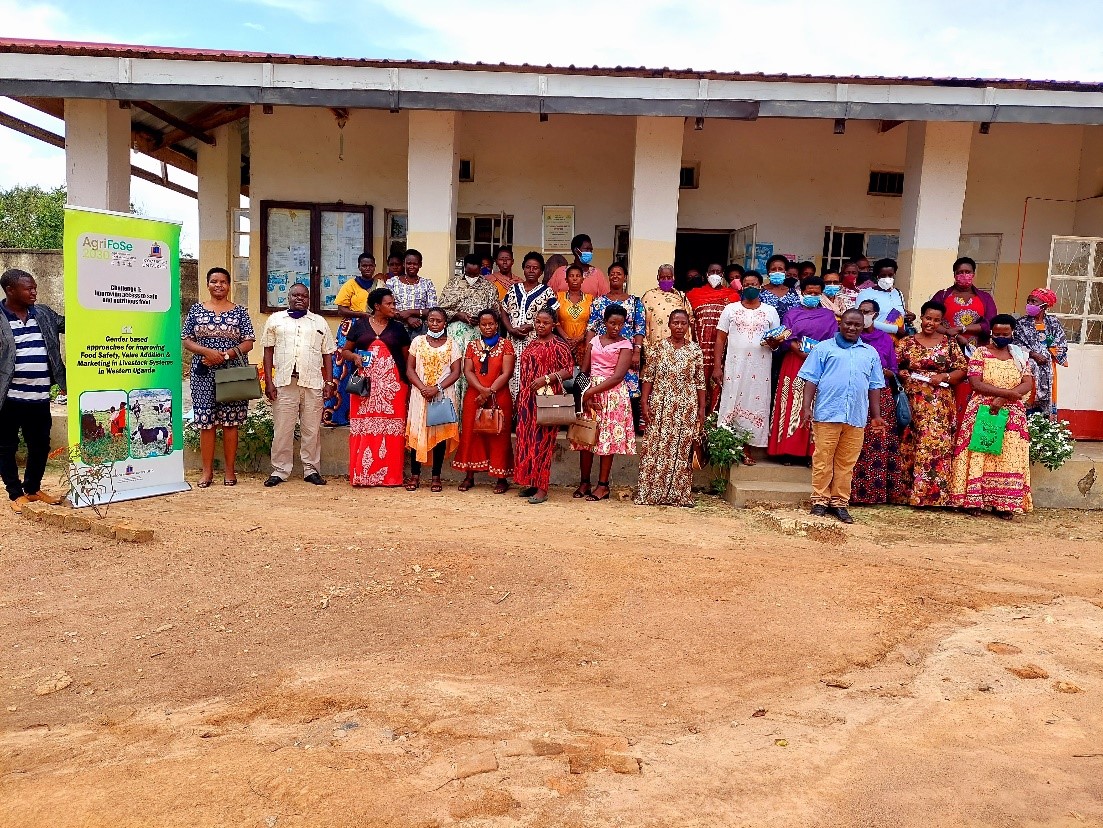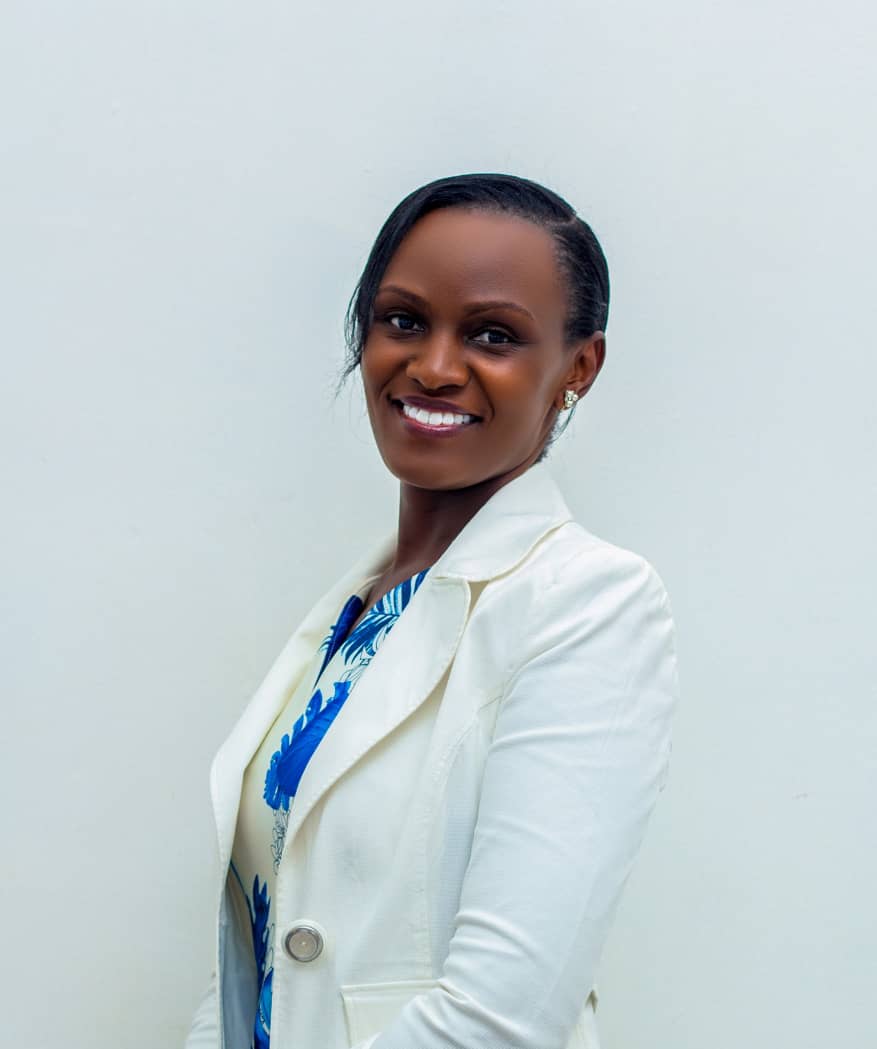Second out is Dr. Judith Irene Nagasha, Department of Development Studies, Kyambogo University talking about her very successful change project about the milk value additions.
Hi Judith! Please give us a brief description of your project.
The aim of the project is to enhance optimisation of sustainable gender inclusive milk value addition among women in smallholder’s livestock farmers in Kiruhura District, Western Uganda, by integration biogas production to be used as source of energy for production of confectioneries. Key objectives include utilising cattle dung for biogas to power value addition, empowering women through training and resources for confectionery-making, and enhancing their access to sustainable markets via improved distribution and market linkages.
What key learnings do you take with you from the previous part of the phase?
The project carries a strategic approach for the previous part of the phase includes risk assessment processes , stakeholder engagement, and continuous monitoring. These factors will effectively will ensure the project runs smoothly and achieves long-term sustainability such as the support of male spouses will play a crucial role in the success of the project. Continuous involvement of the male counterparts throughout the project implementation.
 Women participants undergoing training in Kampala, Photo Credit: James Tembo
Women participants undergoing training in Kampala, Photo Credit: James Tembo
What are your major expectations in this phase two extension?
In this new phase two extension, the primary expectation of extending the AgriFoSe2030 model based on research on food systems and agricultural policy is strengthening institutional integration aimed at building resilient and sustainable knowledge networks that connect participating hubs and universities throughout Africa. The participating institutions are strategically positioned to play a pivotal role in strengthening regional research capacity for long-term sustainability. It is expected that research outputs will be effectively translated into evidence-based policies and practices, thereby offering viable solutions to the multifaceted challenges confronting African food systems and communities.
On project level there are also several expectations we hope to achieve.
- Enhanced milk value addition: Improved capacity among women farmers to process milk into high-value products like confectioneries using sustainable energy sources.
- Increased use of renewable energy: Adoption of biogas technology at the farm level, reducing dependence on firewood or electricity and promoting environmentally friendly production.
- Women empowerment: Greater involvement of women in the dairy value chain through training, skill development, and access to production resources.
- Improved livelihoods: Increased income for women farmers from value-added dairy products and reduced energy costs.
- Access to sustainable markets: Stronger market linkages and distribution channels for women to sell their products, leading to more consistent and profitable market access.
- Environmental sustainability: Reduction in greenhouse gas emissions and better waste management through the use of cattle dung for biogas production.
What do you aim to achieve in your project by the end of this new phase?
By the end of the project, it is expected that the targeted women-led farms in Kiruhura District will have fully operational biogas systems using cattle dung to power dairy processing, reducing reliance on traditional energy sources. Women participants will have gained practical skills in milk-based confectionery production through targeted training and support, leading to increased production of value-added dairy products. As a result, their household incomes will improve due to the sale of high-quality dairy goods, supported by their male counterparts and newly established or strengthened market linkages. The project also aims to promote environmental sustainability through the adoption of renewable energy and improved waste management practices, ensuring long-term benefits for both the community and the environment.

 Women participants undergoing training in Kampala, Photo Credit: James Tembo
Women participants undergoing training in Kampala, Photo Credit: James Tembo
 Selorm Kobla Kugbega, Dr
Selorm Kobla Kugbega, Dr